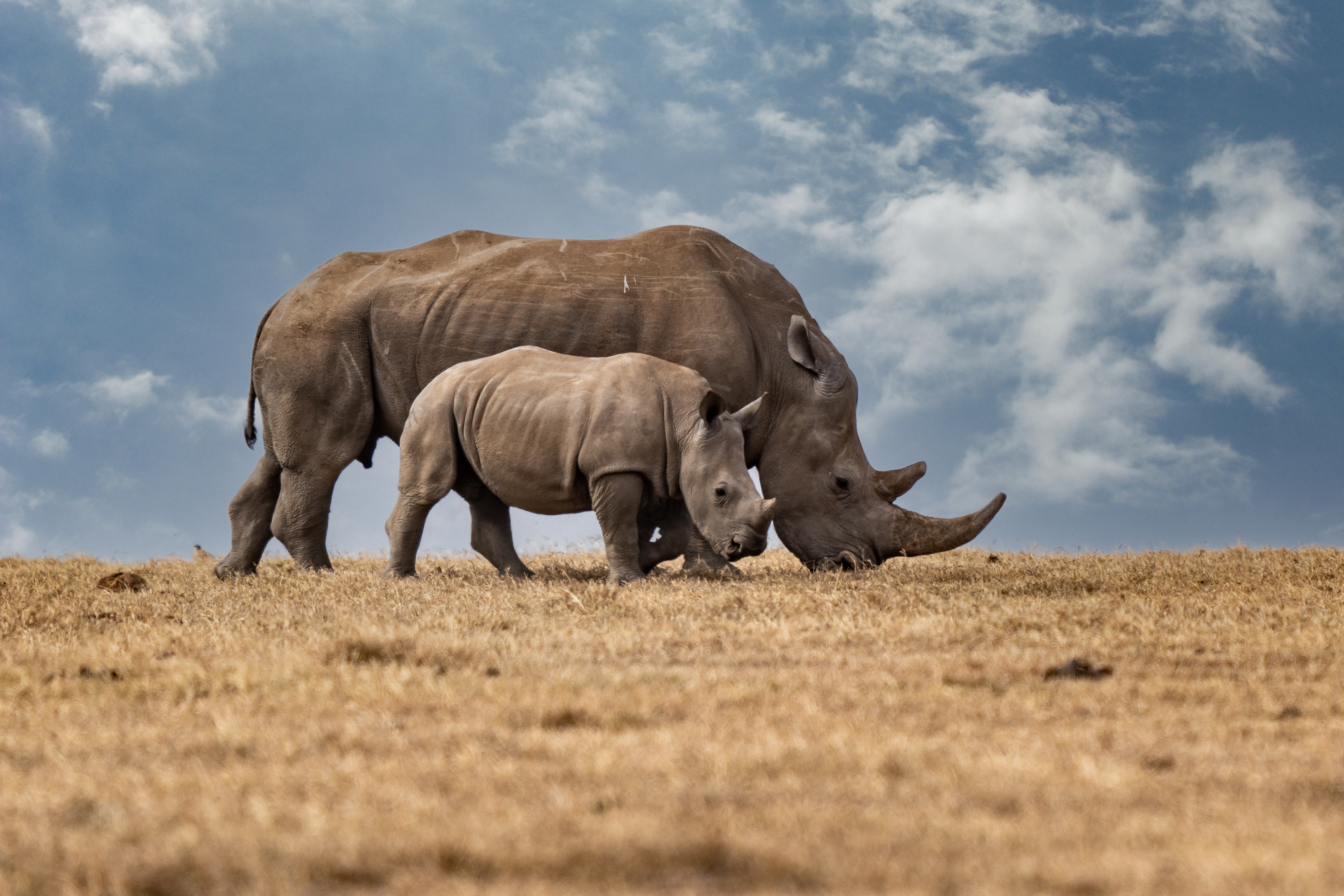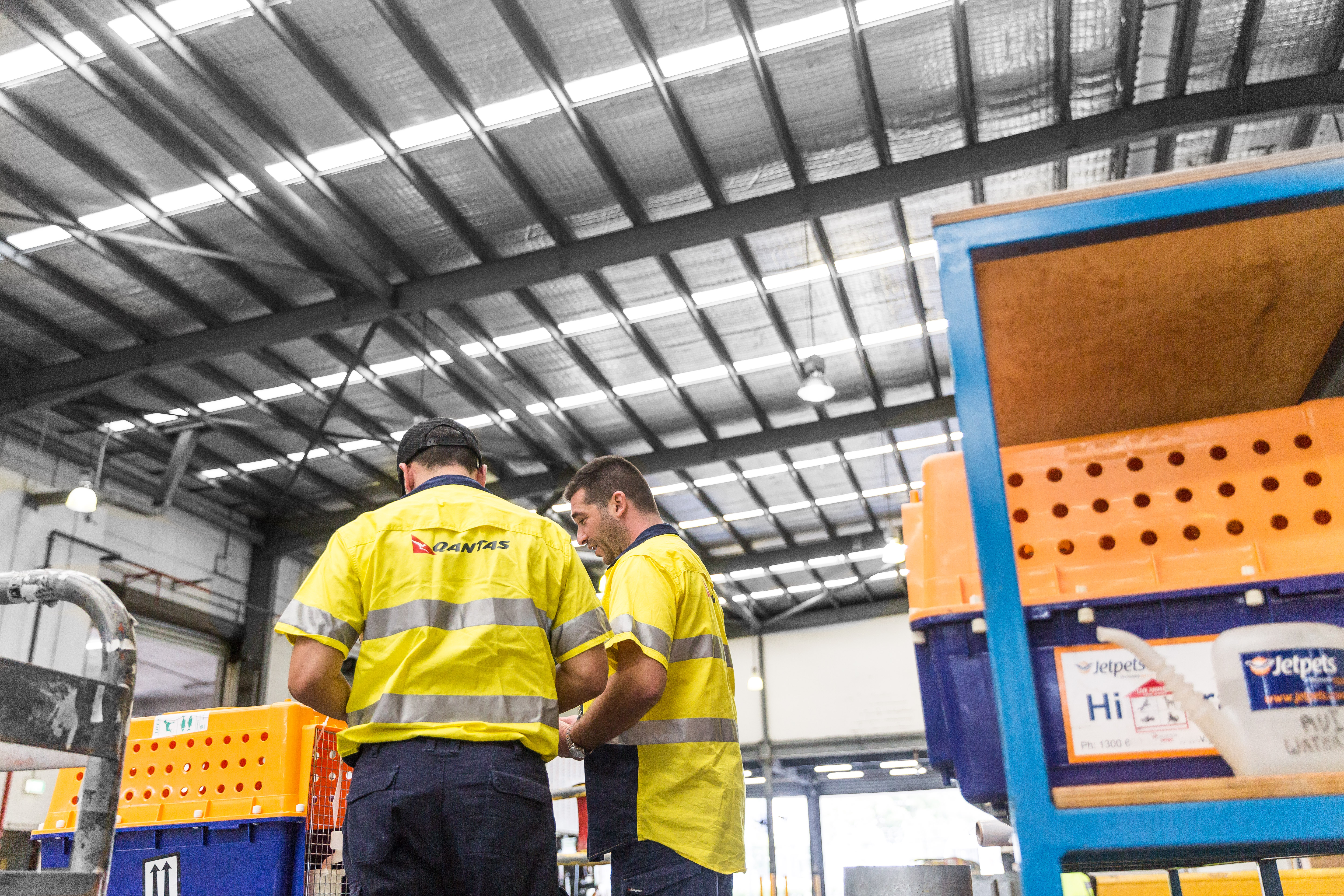We believe compliance with global agreements and frameworks is the best way of securing meaningful action to prevent illegal trade in wildlife and safe transportation of animals where necessary. In this context, the Qantas Group strongly supports the Convention on International Trade in Endangered Species of Wild Fauna and Flora (CITES) as the primary and most effective means of preventing the illegal wildlife trade.
Australian Government requirements
Australia is a party to CITES and the Australian Government has adopted stricter trade controls for a number of species that go beyond CITES requirements. These additional controls affect both Australian native and imported species.
They include restrictions in the trade of African lion and all species of elephants, cetaceans (dolphins, whales and porpoises) and rhinoceros. These species cannot be imported to Australia except under limited circumstances, including for conservation breeding or research purposes, or if the specimen has been proven to pre-date the listing of the species on CITES.

